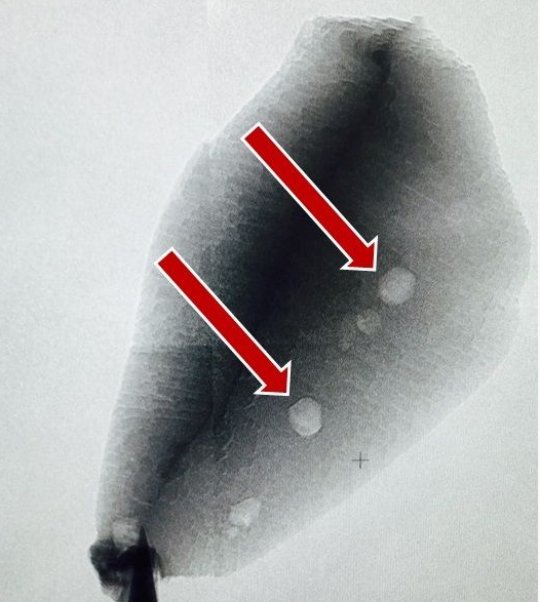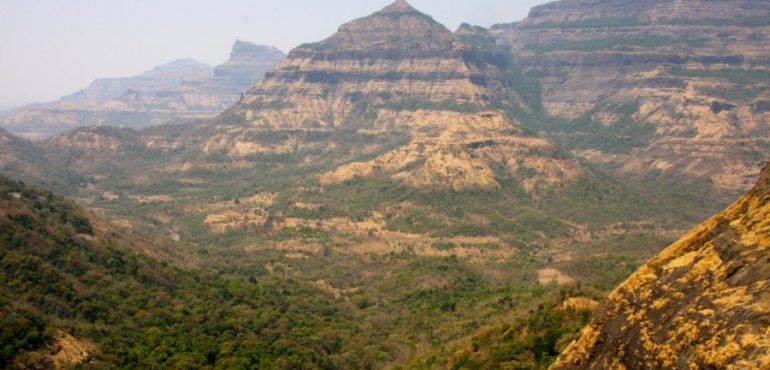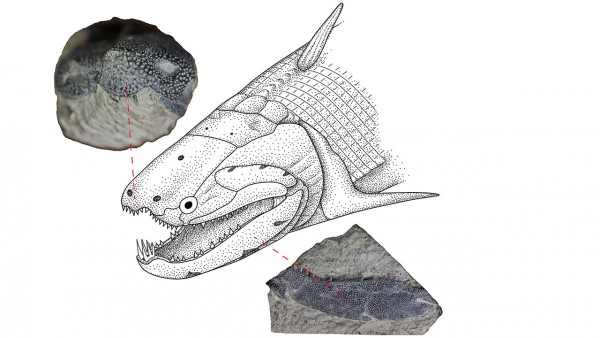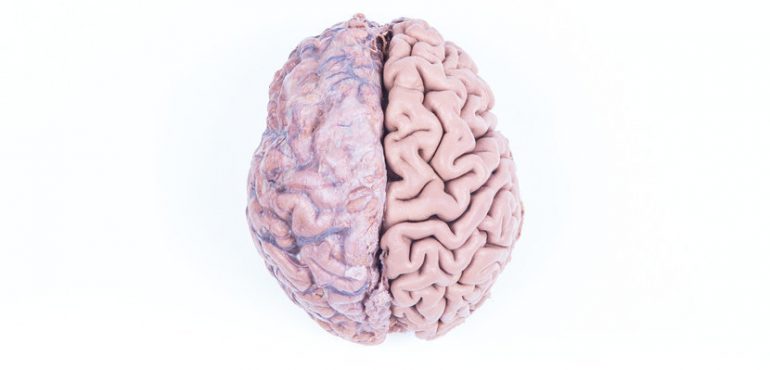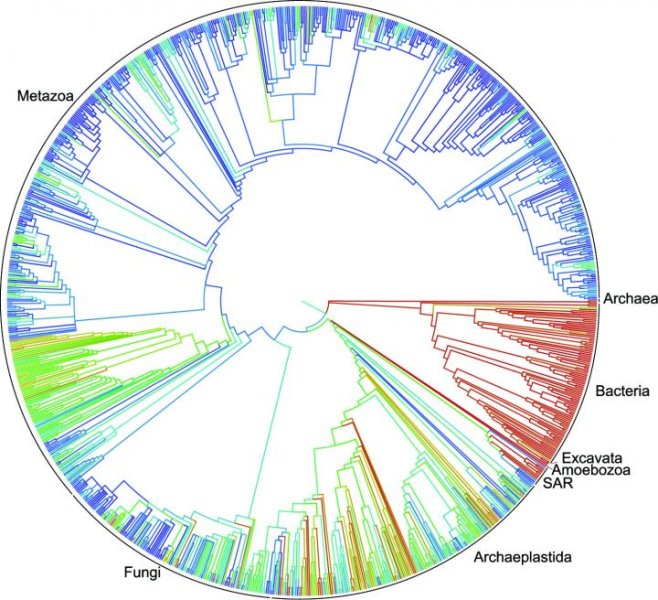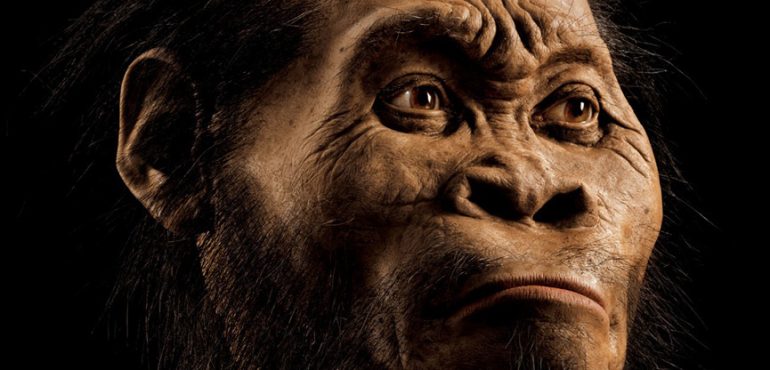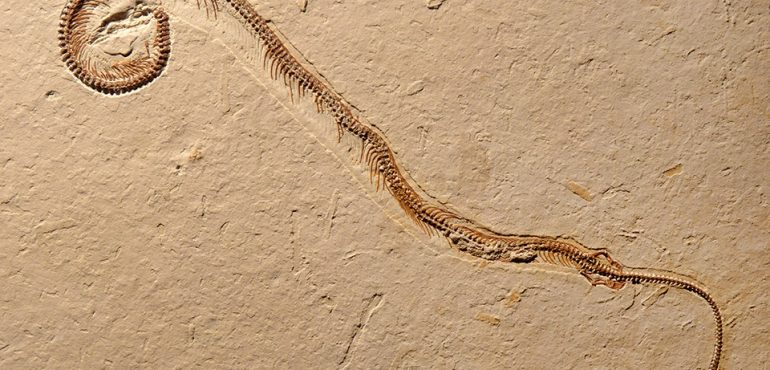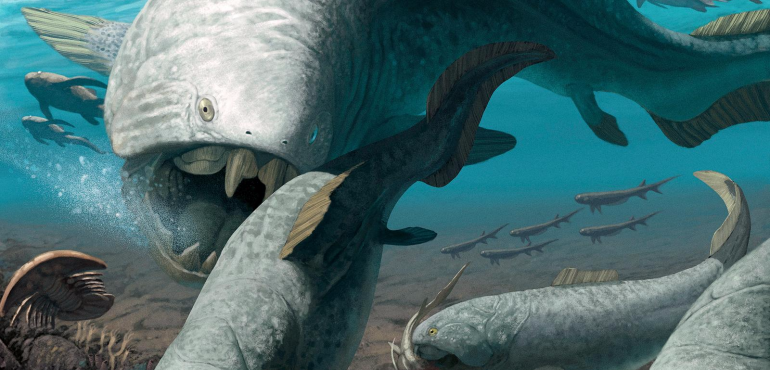UCLA geochemists have found evidence that life likely existed on Earth at least 4.1 billion years ago -- 300 million years earlier than previous research suggested. The discovery indicates that life may have begun shortly after the planet formed 4.54 billion years ago. The research is published today in the online early edition of the…
Read more
Life on Earth likely started 4.1 billion years ago, much earlier than scientists thought
